When it comes to lighting solutions, LED technology has revolutionized the market, offering unparalleled energy efficiency, longevity, and versatility. LED residential garage lights, in particular, have become increasingly popular due to their bright, clear illumination and cost-effectiveness. However, a question that often arises is whether these LED garage lights can be put under water. This blog will explore this query in-depth, discussing the features of LED lights, their waterproof capabilities, and the implications of submerging them in water.
Understanding LED Technology
Light Emitting Diodes (LEDs) are semiconductor devices that emit light when an electric current passes through them. Unlike traditional incandescent bulbs that generate light through the heating of a filament, LEDs produce light through electroluminescence, a process that is highly efficient and results in minimal heat output. This efficiency is one of the reasons why LEDs have become the preferred choice for a wide range of applications, including residential garage lighting.
Features of LED Garage Lights
LED garage lights are designed to provide bright, consistent illumination that enhances visibility and safety. Some of the key features include:
- Energy Efficiency: LEDs use significantly less electricity compared to incandescent or fluorescent bulbs, leading to lower energy bills.
- Longevity: LED lights have a much longer lifespan, often lasting up to 50,000 hours or more.
- Durability: LEDs are more resistant to shock and vibration, making them suitable for environments where traditional bulbs might fail.
- Instant On: LEDs reach full brightness immediately, unlike some fluorescent bulbs that take time to warm up.
- Environmental Impact: LEDs contain no hazardous materials like mercury and are fully recyclable.

Waterproof Capabilities of LED Lights
When considering the use of LED lights in wet or underwater environments, it’s crucial to understand the concept of Ingress Protection (IP) ratings. The IP rating system classifies the degree of protection provided by a device's enclosure against solids and liquids.
IP Ratings Explained
The IP rating consists of two digits:
- The first digit represents the protection against solid objects (ranging from 0 to 6).
- The second digit represents the protection against liquids (ranging from 0 to 9).
For example, an IP65 rating means that the device is dust-tight and protected against water jets.
Waterproof LED Lights
To use LED lights in underwater applications, they need to have a high IP rating. Specifically, look for IP67, IP68, or IP69 ratings, which indicate strong protection against water:
- IP67: Protected against immersion in water up to 1 meter for 30 minutes.
- IP68: Protected against continuous immersion in water under conditions specified by the manufacturer.
- IP69: Protected against high-pressure and high-temperature water jets.

Can LED Residential Garage Lights Be Submerged?
While many LED residential garage lights are designed to withstand moisture and occasional splashes, they are not typically designed for underwater use. Standard garage lights usually have lower IP ratings (like IP65), which protect against dust and water jets but not immersion.
Potential Issues with Submerging Non-Waterproof LEDs
Submerging LED garage lights that are not rated for underwater use can lead to several problems:
- Short Circuits: Water can cause short circuits, damaging the electrical components.
- Corrosion: Prolonged exposure to water can corrode the metal parts of the light, affecting its performance and safety.
- Reduced Lifespan: Even if the lights continue to work initially, water damage can significantly reduce their lifespan.
Alternatives for Underwater Lighting
For underwater lighting needs, it is essential to use LED lights specifically designed for such environments. These lights are often used in pools, fountains, and aquariums, and they come with the necessary IP ratings to ensure safe and reliable operation.
Installing LED Garage Lights in Damp Environments
While submerging standard LED garage lights is not advisable, there are scenarios where these lights might be exposed to moisture or damp conditions, such as in garages that experience high humidity or occasional flooding. Here are some tips for installing LED garage lights in such environments:
Use Waterproof Fixtures
Choose fixtures that have a suitable IP rating for your specific needs. For damp environments, look for IP65 or higher-rated fixtures to ensure protection against water splashes and jets.
Proper Sealing
Ensure that all electrical connections are properly sealed and waterproofed. Use waterproof connectors and sealants to prevent water ingress.
Elevated Installation
Install the lights in elevated positions where they are less likely to come into direct contact with water. This can help extend the lifespan of the lights and reduce the risk of water damage.
Regular Maintenance
Regularly inspect the lights and fixtures for any signs of water damage or corrosion. Address any issues promptly to prevent further damage and ensure safe operation.
Conclusion
In conclusion, while LED residential garage lights offer numerous benefits, they are not typically designed for underwater use. Standard LED garage lights usually have IP ratings that protect against dust and water jets but not immersion. Submerging these lights can lead to serious issues such as short circuits, corrosion, and reduced lifespan. Hykoont LED residential garage lights are ideal for installation in indoor residential environments, providing excellent color rendering for objects. For underwater lighting needs, it is crucial to use LED lights specifically designed and rated for such environments.


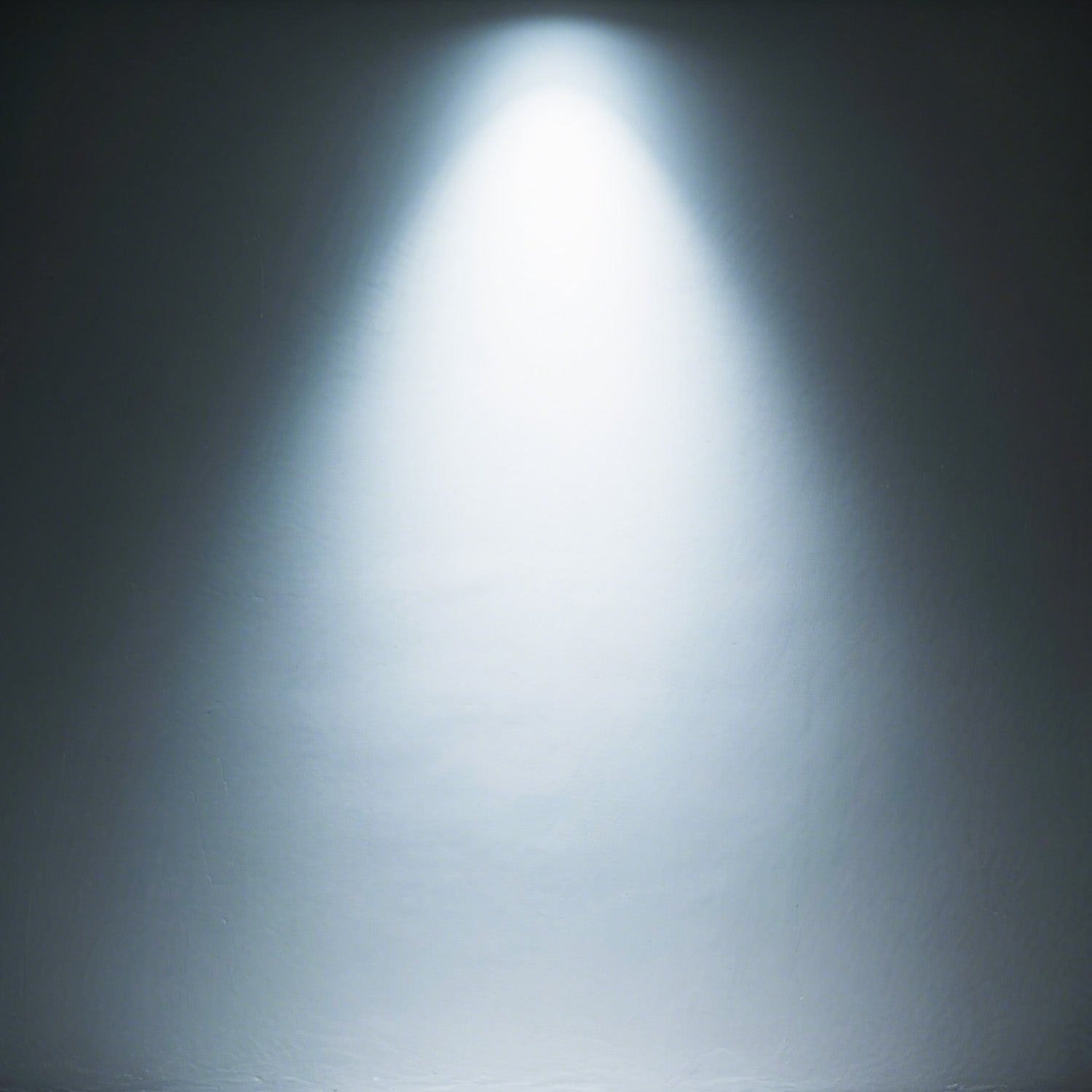
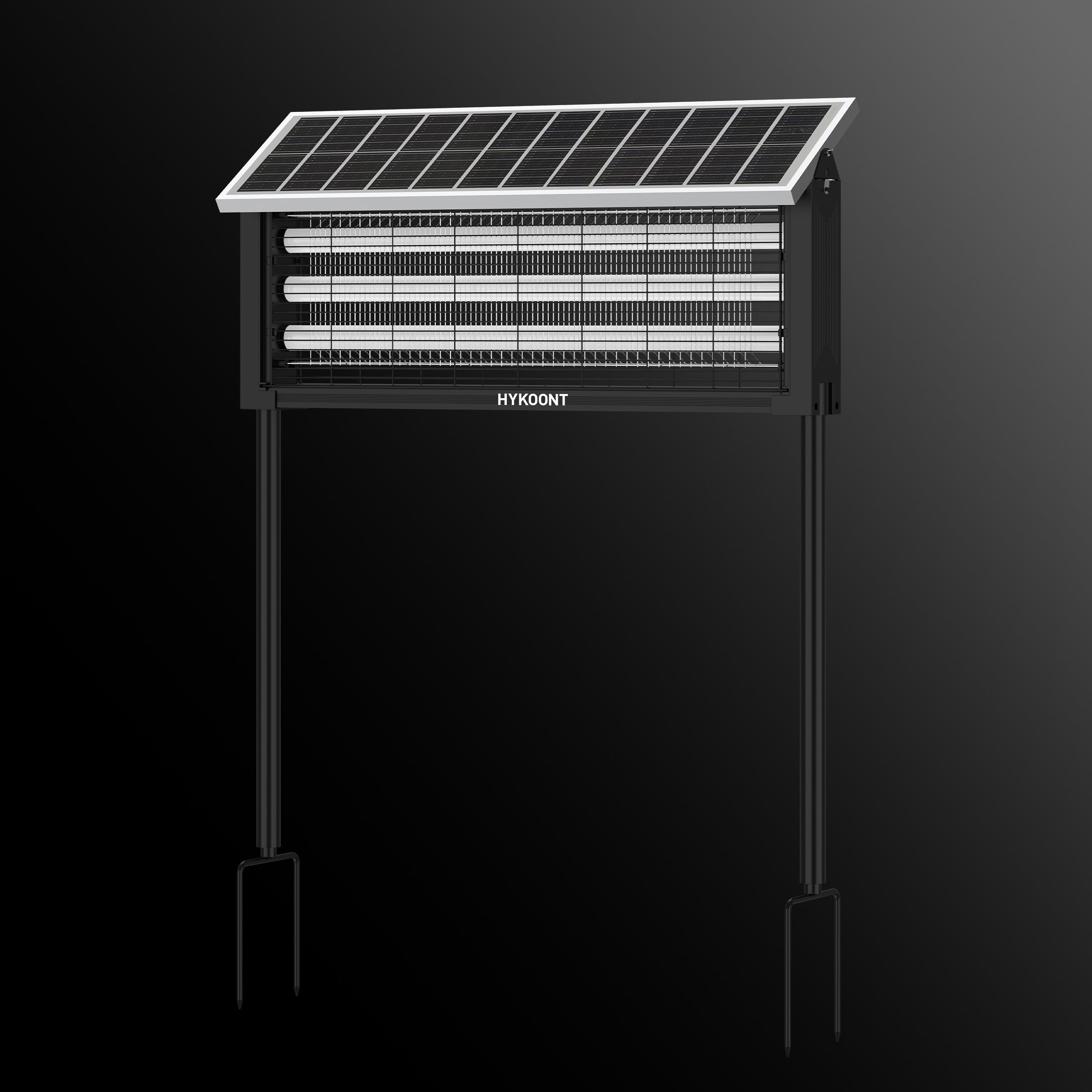
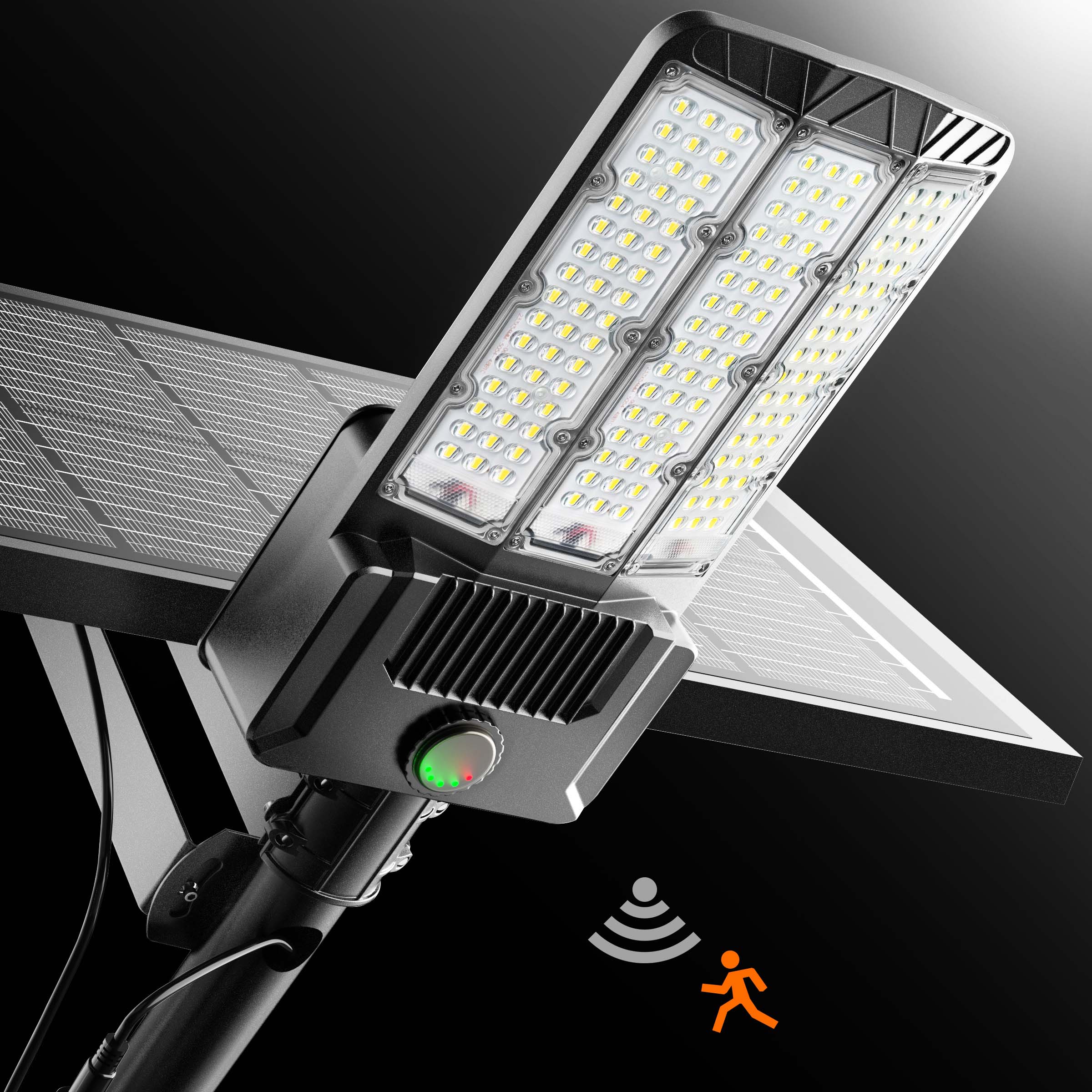
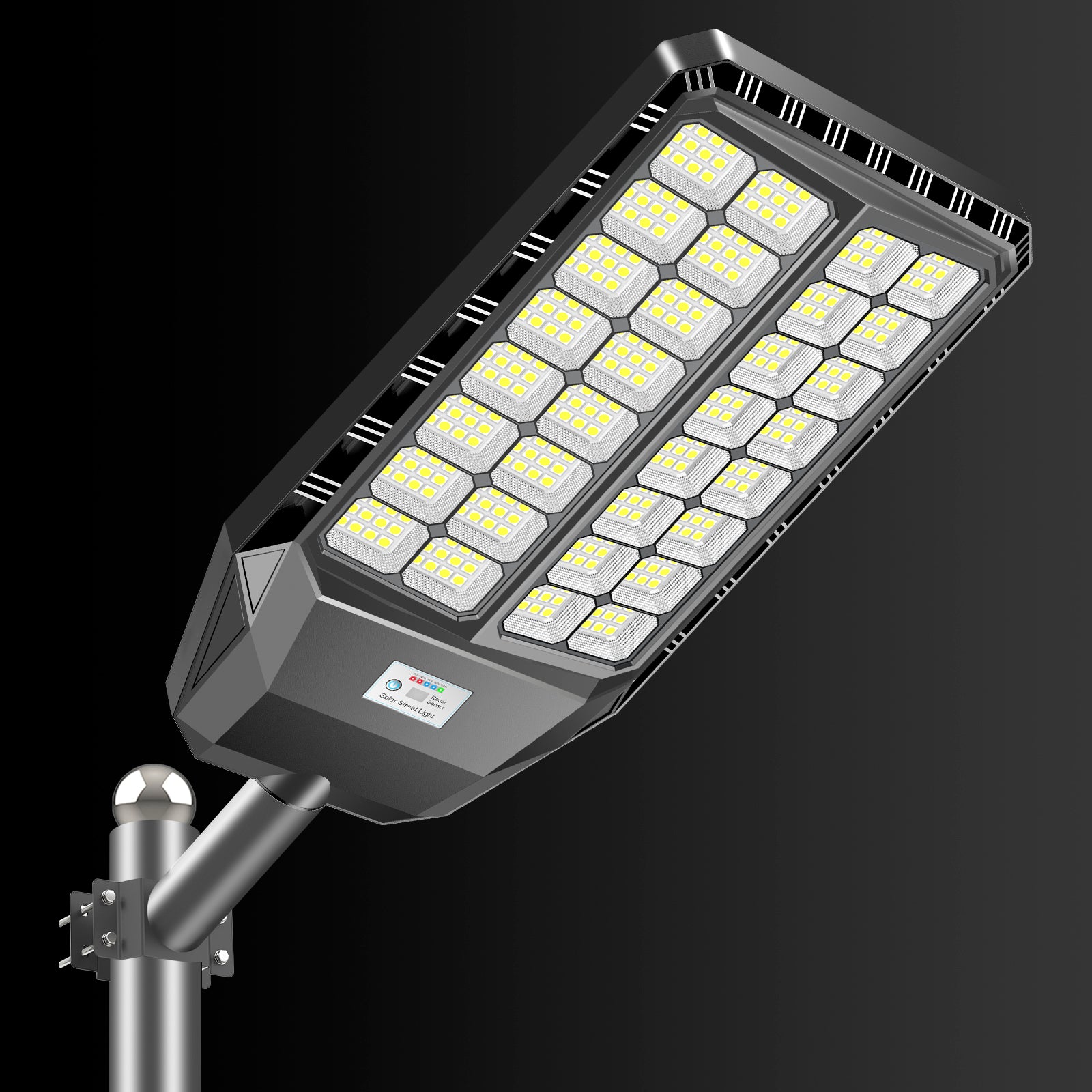
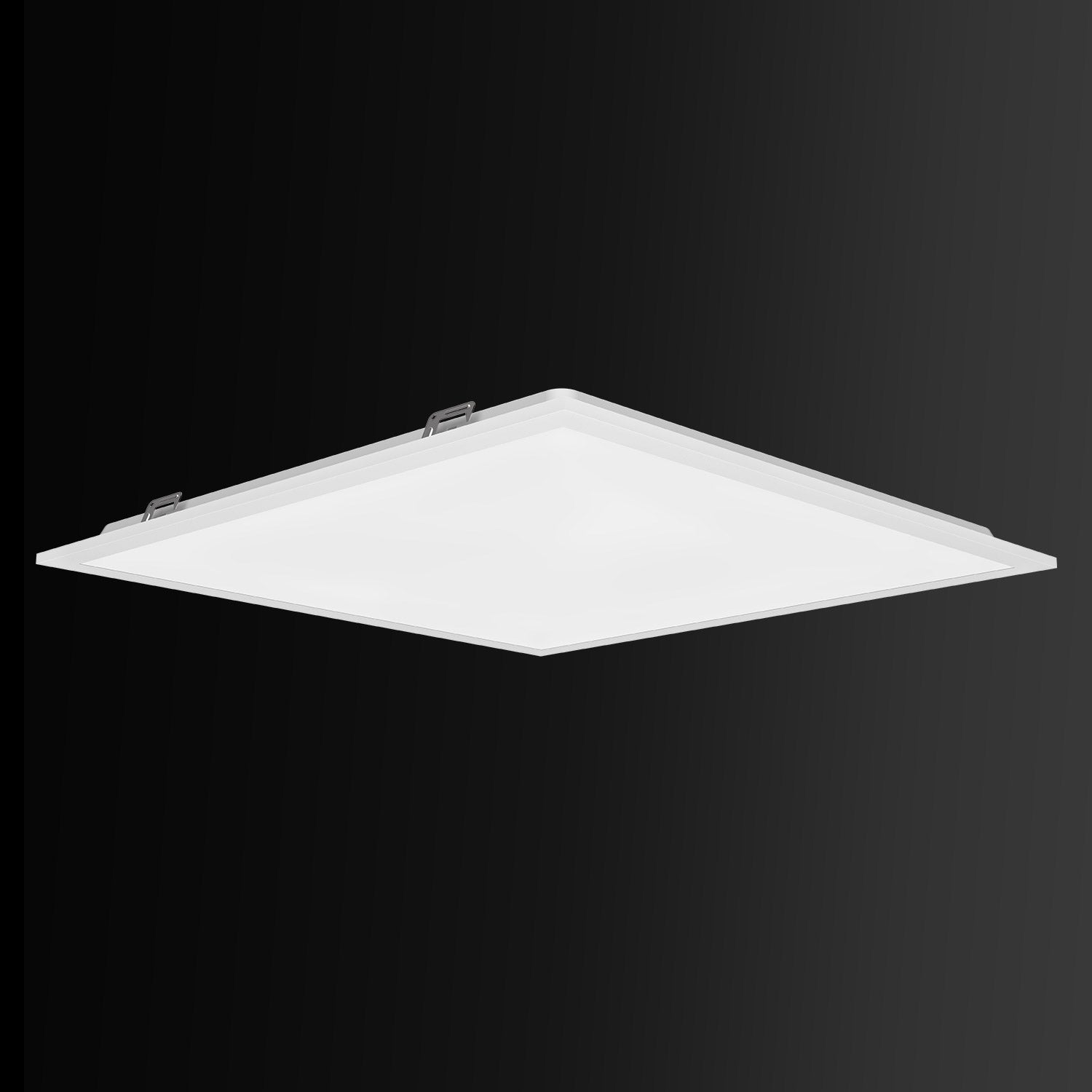


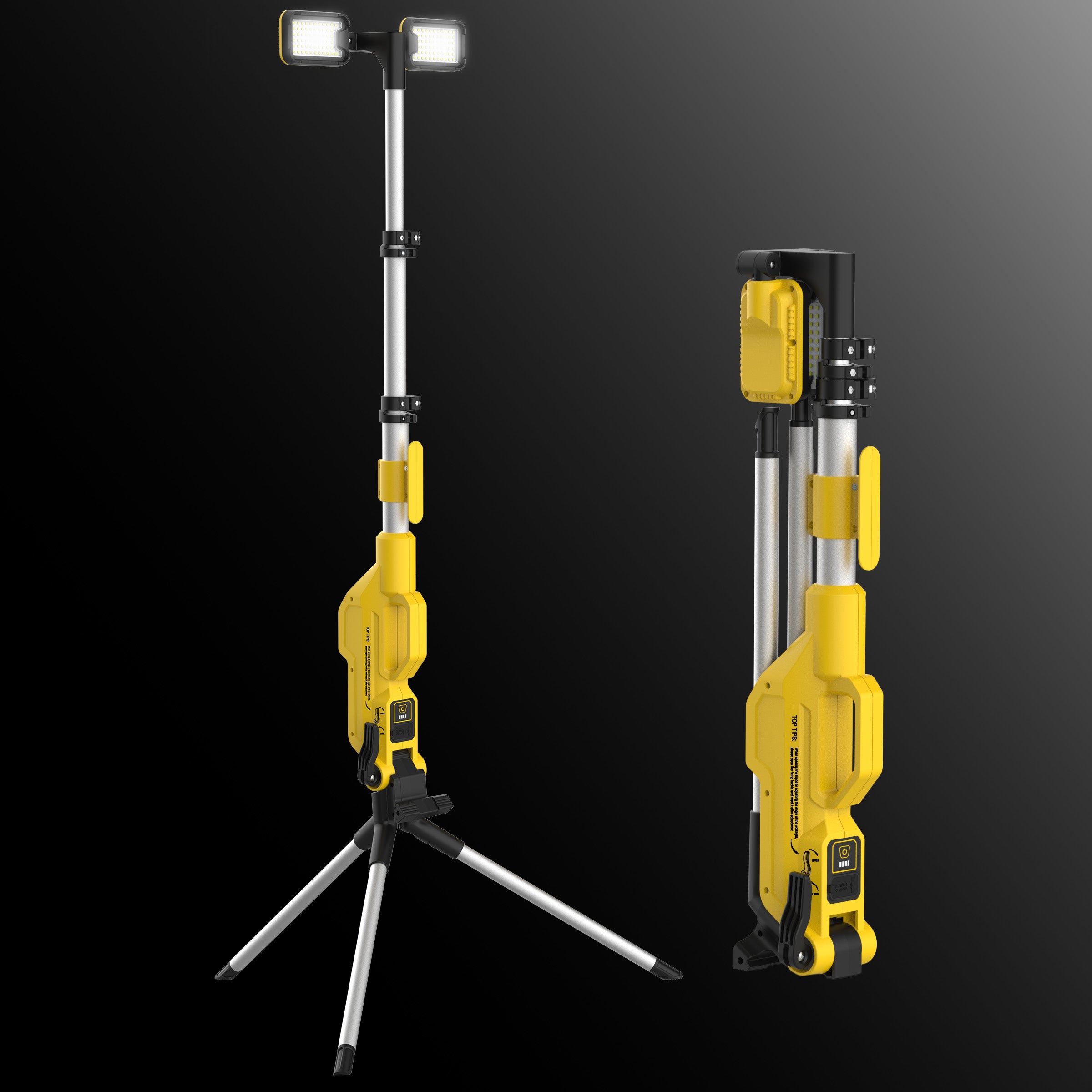
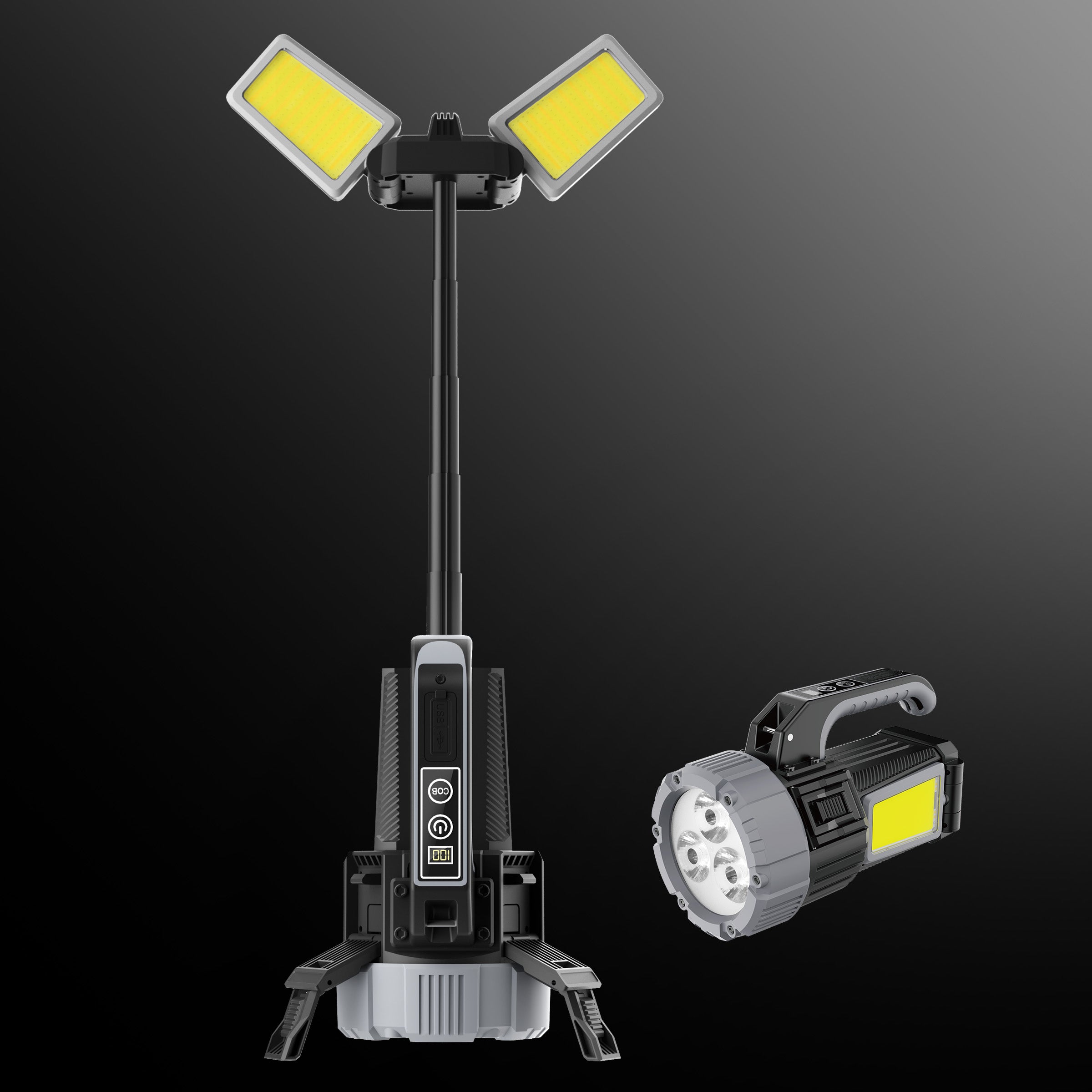


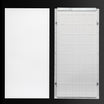
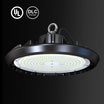
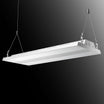


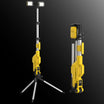
![[50%OFF] Hykoont LS018 Multi-Function 2 in 1 Flashlight Portable Extendable Adjustable Brightness CCT Bright](http://hykoont.com/cdn/shop/files/HYK-STDG18-2.jpg?v=1765273877&width=104)
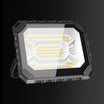



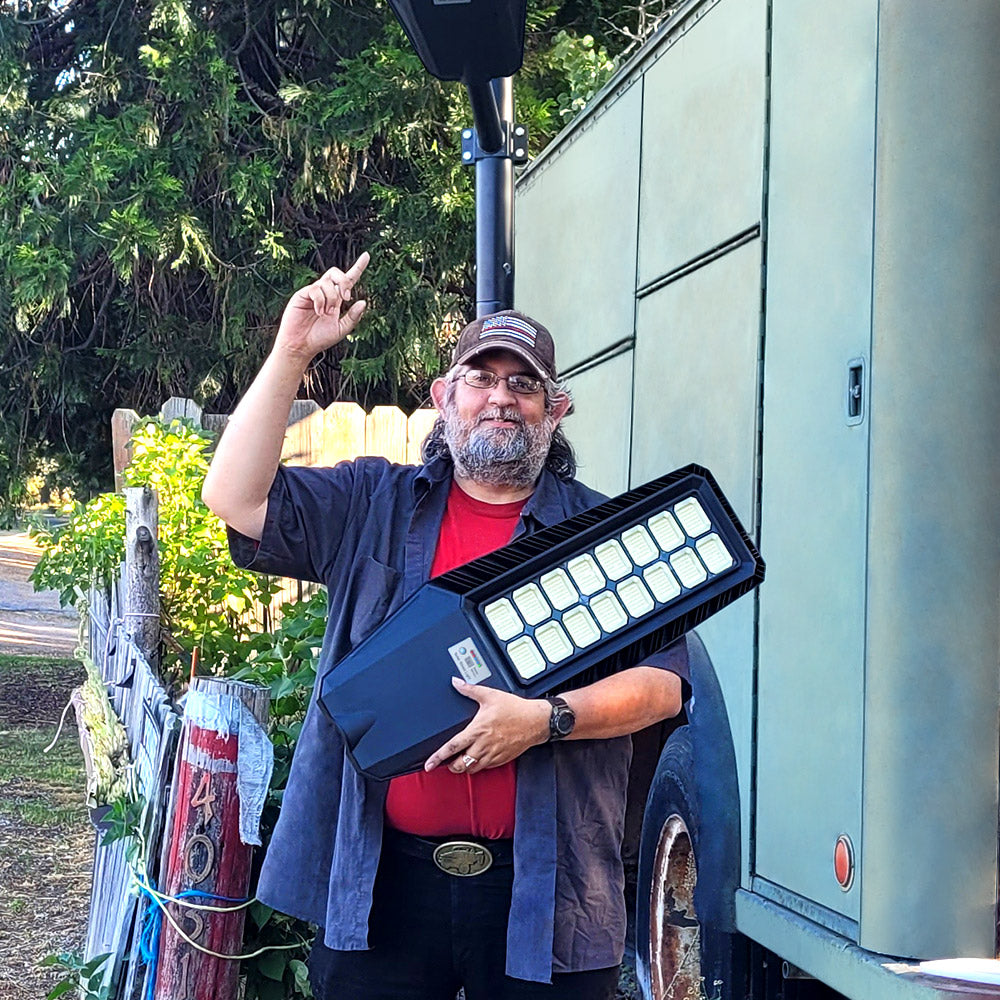
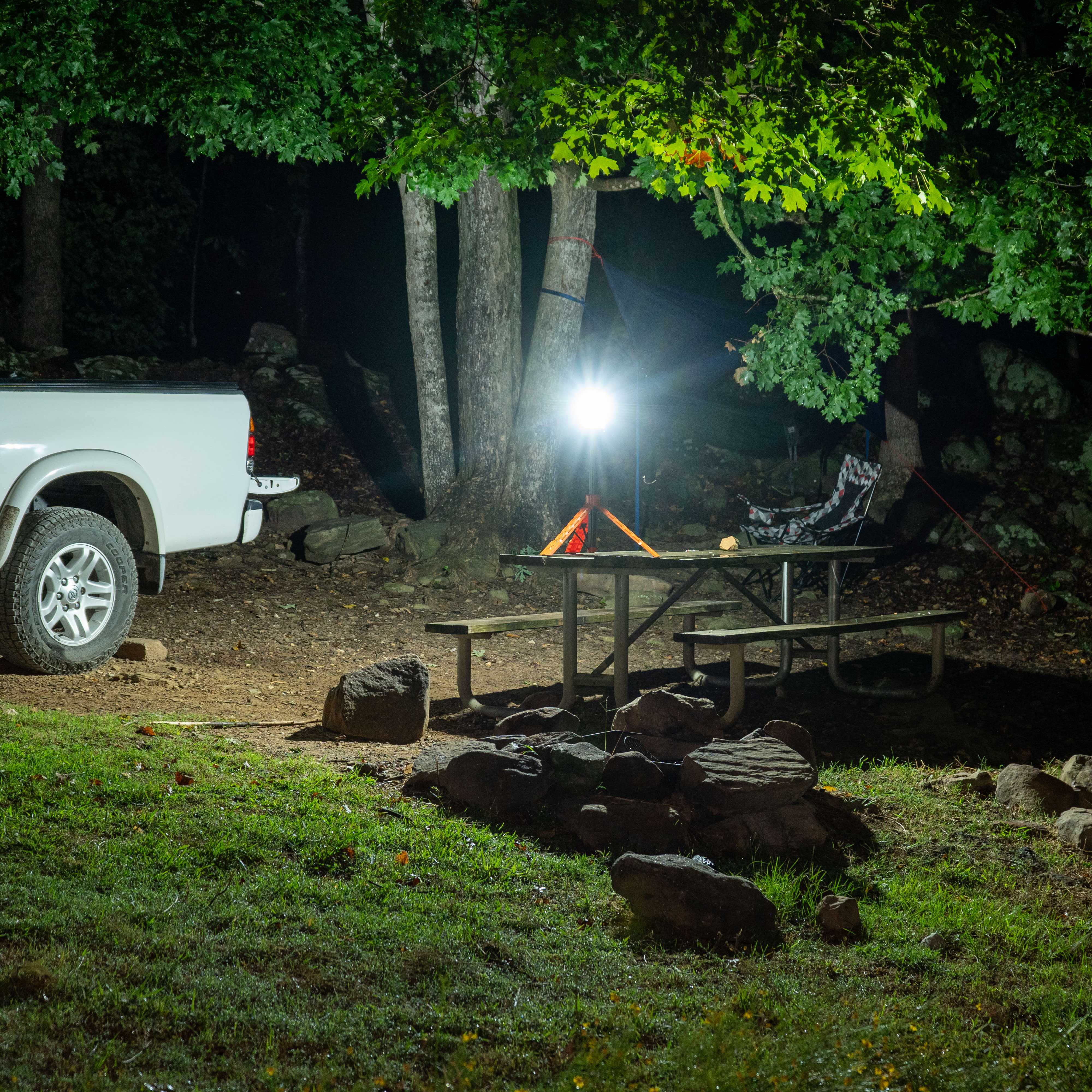

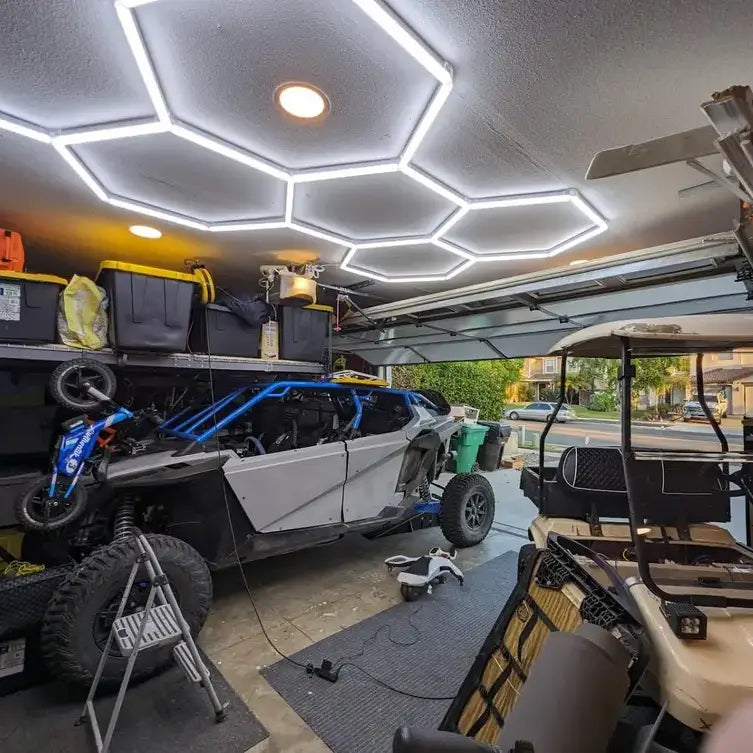
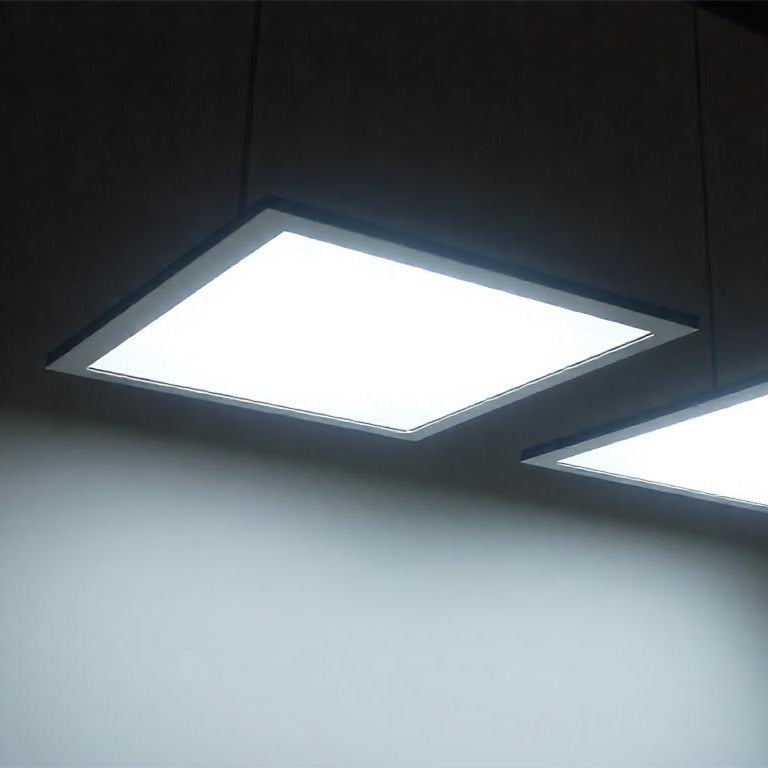
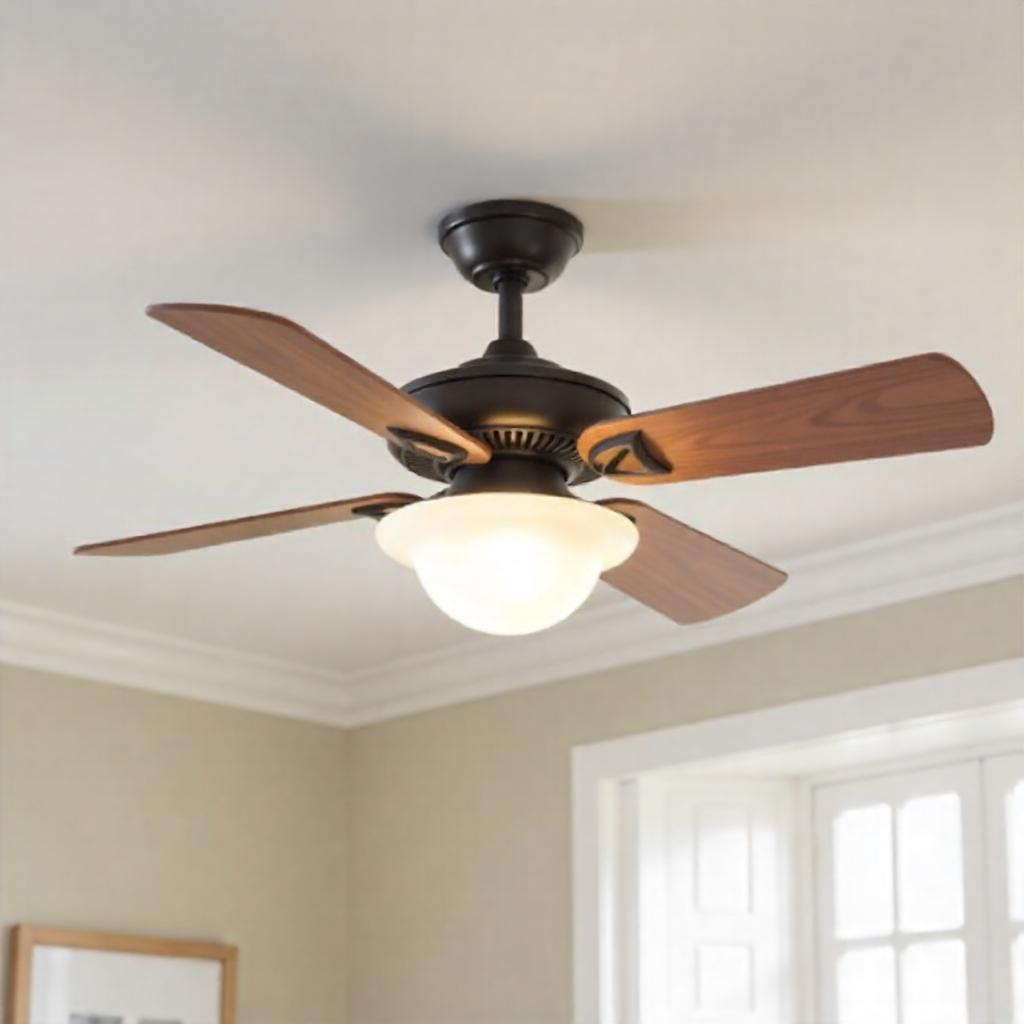
Leave a comment
This site is protected by hCaptcha and the hCaptcha Privacy Policy and Terms of Service apply.